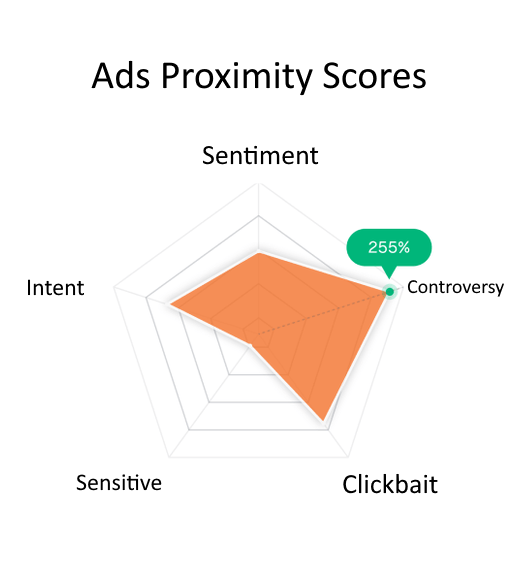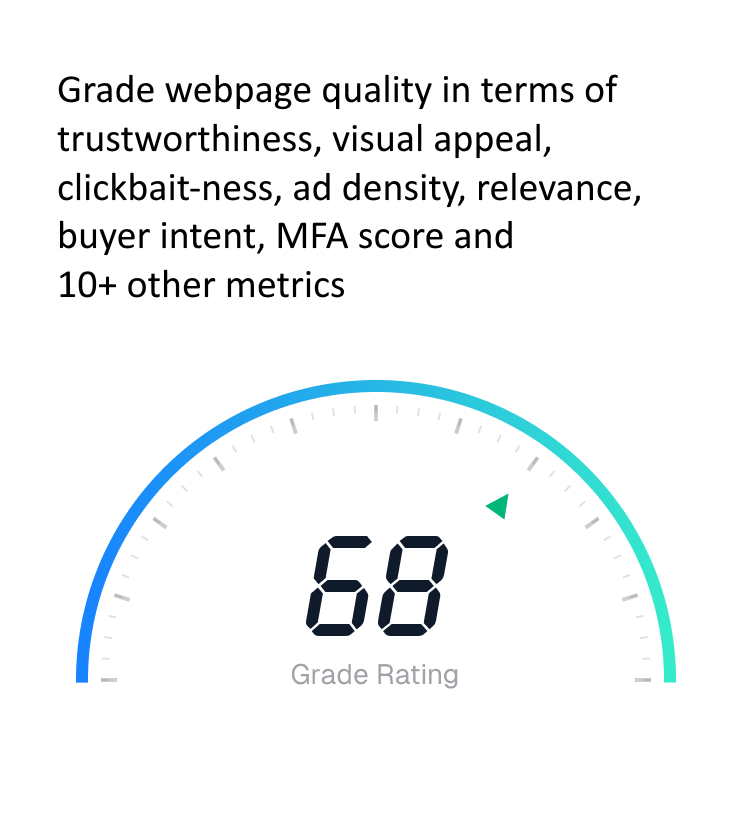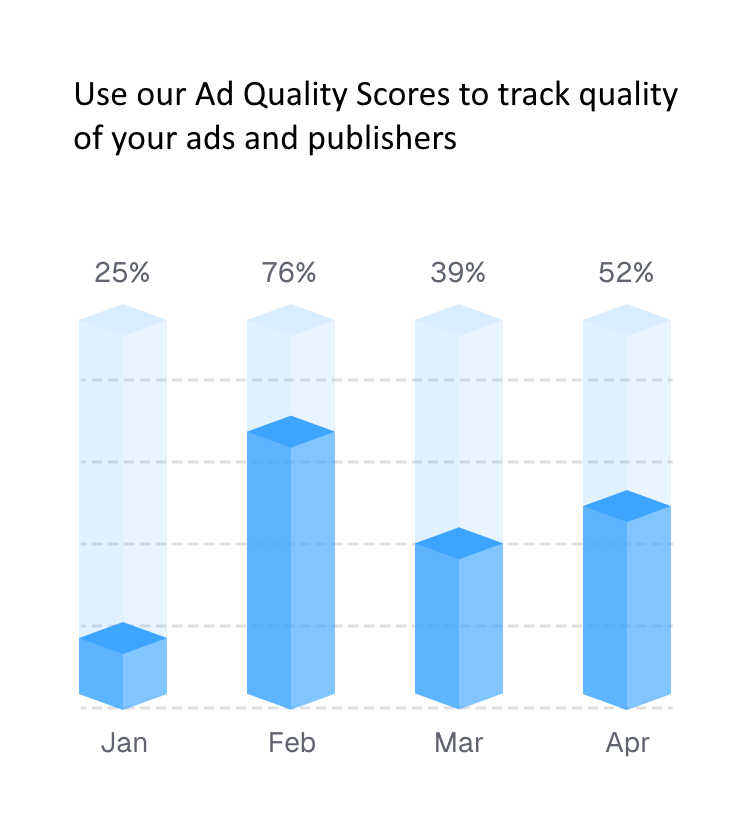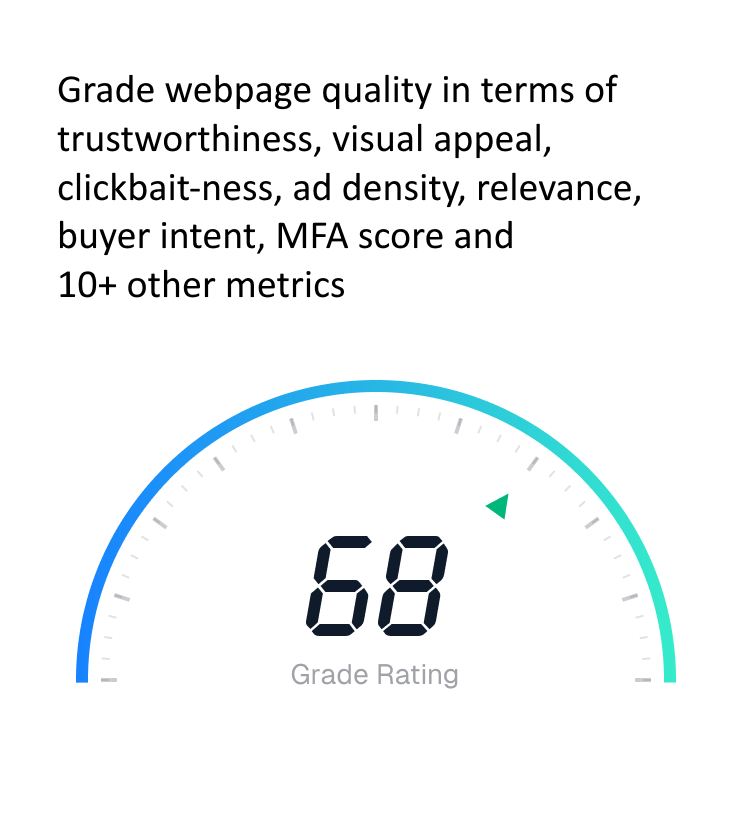E-commerce & Marketplace Platforms
Advanced Video Moderation for Product Safety and Marketplace Trust

The Critical Role of Trust in E-commerce Video Content
E-commerce and marketplace platforms have revolutionized retail by enabling direct connections between sellers and buyers worldwide, but this transformation has created unprecedented challenges for product safety, authenticity verification, and consumer protection. Video content has become central to online shopping experiences, with product demonstrations, reviews, and marketing videos significantly influencing purchasing decisions and consumer trust.
The stakes for content moderation failures in e-commerce environments extend far beyond platform policies to include consumer safety, financial fraud prevention, regulatory compliance, and maintaining the marketplace trust essential for sustainable online commerce. Inadequate moderation can enable dangerous products, fraudulent sellers, misleading advertising, and consumer exploitation that undermines the entire e-commerce ecosystem.
E-commerce Video Safety Statistics
- Product Safety Verification - Automated detection of dangerous or prohibited items
- Counterfeit Detection - Advanced analysis of fake and fraudulent products
- Misleading Claims Prevention - Verification of product demonstrations and marketing claims
- Review Authenticity - Detection of fake reviews and manipulated testimonials
- Brand Protection Support - Intellectual property and trademark violation detection
Product Safety and Prohibited Item Detection

Consumer safety represents the highest priority for e-commerce platforms, where the sale of dangerous, defective, or prohibited products can result in serious injury, regulatory violations, and legal liability. Our product safety detection system provides comprehensive analysis of product videos, demonstrations, and marketing content to identify items that pose safety risks or violate platform policies and regulatory requirements.
Dangerous Product Identification
Product demonstration videos can reveal safety hazards, design defects, or inappropriate use cases that indicate products pose risks to consumer safety. Our dangerous product detection analyzes visual demonstrations, usage instructions, and product characteristics to identify items that could cause harm through normal use, foreseeable misuse, or inherent design flaws.
The system recognizes various categories of dangerous products including electrical devices without proper safety certifications, chemical products lacking appropriate warnings, mechanical devices with obvious safety defects, and products targeting children that contain inappropriate materials or present choking hazards.
Safety analysis extends to product packaging, instruction quality, and demonstration practices that reveal inadequate safety consideration or violations of consumer protection standards that govern product safety in different markets and jurisdictions.
Prohibited and Restricted Item Detection
E-commerce platforms maintain extensive lists of prohibited items including weapons, controlled substances, counterfeit goods, and other products that cannot be legally sold through online marketplaces. Our prohibited item detection identifies these restricted products through visual analysis, even when sellers attempt to disguise or misrepresent prohibited items as legal products.
The system recognizes attempts to circumvent prohibited item policies through coded language, misleading product categories, or subtle visual representations that indicate prohibited items while avoiding direct policy violations. This includes detection of drug paraphernalia disguised as legitimate products, weapon components sold as unrelated items, and other evasion techniques.
Age-Restricted Product Compliance
Many products require age restrictions, adult verification, or special handling for legal sale, including tobacco products, alcohol, adult content, and various regulated items. Our age-restriction compliance system identifies products requiring special handling while ensuring appropriate access controls and verification processes.
Safety Hazard Detection
Comprehensive analysis of product demonstrations for safety risks and design defects.
Prohibited Item Recognition
Advanced detection of restricted products and policy violation attempts.
Regulatory Compliance
Support for age restrictions and regulatory requirements across different markets.
Counterfeit and Intellectual Property Protection

Counterfeit products represent a massive threat to e-commerce platforms, legitimate brands, and consumer safety, with fraudulent sellers using sophisticated techniques to market fake products as authentic items. Our intellectual property protection system provides comprehensive detection of counterfeit goods, trademark violations, and unauthorized use of brand imagery while supporting legitimate commerce and competition.
Visual Counterfeit Detection
Counterfeit products often exhibit visual characteristics that distinguish them from authentic items, including manufacturing quality differences, packaging inconsistencies, and design elements that violate trademark protections. Our visual counterfeit detection analyzes product images and videos for indicators of fraudulent manufacturing or unauthorized reproduction.
The system compares product presentations against databases of authentic product imagery, recognizing common counterfeiting patterns including poor logo reproduction, incorrect color schemes, substandard materials, and packaging variations that indicate unauthorized manufacturing or distribution.
Advanced analysis includes detection of sophisticated counterfeits that closely mimic authentic products but contain subtle differences in materials, construction, or design that indicate fraudulent origin while potentially posing safety risks through inferior manufacturing standards.
Trademark and Brand Protection
Unauthorized use of brand names, logos, and trademarked imagery represents a major form of e-commerce fraud that damages legitimate businesses and deceives consumers. Our trademark protection system identifies unauthorized brand usage while distinguishing between legitimate resale, unauthorized counterfeiting, and fair use in product comparisons or reviews.
Brand protection includes recognition of trademark violations in product titles, descriptions, imagery, and video content while understanding legitimate contexts where branded products may be discussed, compared, or resold through authorized channels.
Intellectual Property Violation Detection
Beyond trademark issues, e-commerce platforms must address various forms of intellectual property theft including copyright infringement in product imagery, design patent violations, and trade secret misappropriation. Our IP protection system provides comprehensive analysis of potential intellectual property violations across multiple categories.
Manufacturing Quality Analysis
Detection of counterfeit products through visual quality and construction indicators.
Trademark Violation Recognition
Comprehensive protection against unauthorized brand usage and logo misappropriation.
IP Rights Enforcement
Multi-category intellectual property protection including patents, copyrights, and trade secrets.
Review Authenticity and Marketing Claims Verification

Product reviews and marketing videos significantly influence consumer purchasing decisions, making review authenticity and marketing claim verification critical for maintaining marketplace trust and preventing consumer deception. Our review authenticity system provides comprehensive analysis of user-generated content to identify fake reviews, manipulated testimonials, and misleading marketing claims.
Fake Review Detection
Fake product reviews undermine consumer trust and create unfair competitive advantages for sellers willing to engage in deceptive practices. Our fake review detection analyzes review patterns, content characteristics, and user behavior to identify artificially generated positive reviews, coordinated review campaigns, and other forms of review manipulation.
The system recognizes common fake review patterns including generic language, unusual review timing, suspicious user account characteristics, and coordination between multiple reviews that suggest artificial generation or paid review services rather than authentic customer experiences.
Advanced analysis includes detection of sophisticated fake review operations that use varied language, realistic user profiles, and coordinated timing to evade basic detection systems while still artificially inflating product ratings and misleading potential customers.
Misleading Marketing Claims Identification
Product marketing videos often contain claims about functionality, effectiveness, or characteristics that may be misleading, exaggerated, or false. Our marketing claims verification analyzes product demonstrations and promotional content to identify potentially deceptive marketing practices that violate consumer protection standards.
The system evaluates product demonstration videos for consistency with claimed functionality, identification of obviously staged or manipulated demonstrations, and comparison with known product capabilities to identify potentially misleading marketing content.
Testimonial and Endorsement Verification
Consumer testimonials and influencer endorsements require verification to ensure authenticity and compliance with disclosure requirements that govern paid promotional content. Our testimonial verification system identifies potentially fake endorsements while ensuring proper disclosure of paid promotional relationships.
Review and Marketing Verification
- Coordinated Review Campaign Detection - Identification of artificial review manipulation operations
- Marketing Claim Validation - Analysis of product demonstrations for misleading or false claims
- Testimonial Authenticity - Verification of genuine customer experiences and endorsements
- Disclosure Compliance - Ensuring proper identification of paid promotional content
- Competitive Fair Play - Protection against review fraud that creates unfair advantages
Seller Verification and Marketplace Integrity

Maintaining marketplace integrity requires comprehensive seller verification that ensures legitimate business operations, prevents fraudulent sellers, and maintains the trust necessary for successful e-commerce operations. Our seller verification system provides analysis of seller profiles, business practices, and operational indicators that distinguish between legitimate businesses and fraudulent operations.
Business Legitimacy Assessment
Fraudulent sellers often create fake business profiles, use stolen imagery, or misrepresent their business operations to appear legitimate while planning to defraud customers or sell prohibited products. Our business legitimacy assessment analyzes seller profiles, business documentation, and operational patterns to identify potentially fraudulent sellers before they can harm consumers.
The system examines business registration information, professional imagery consistency, customer service patterns, and other indicators that distinguish between legitimate businesses establishing marketplace presence and fraudulent operations designed to exploit consumer trust.
Drop-shipping and Fulfillment Verification
Drop-shipping operations and third-party fulfillment can create consumer confusion and quality control challenges when sellers misrepresent their role in product sourcing and delivery. Our fulfillment verification analyzes seller operations to ensure accurate representation of business models and fulfillment capabilities.
The system identifies sellers who misrepresent drop-shipped products as their own inventory, fail to disclose third-party fulfillment arrangements, or engage in other practices that mislead consumers about product sourcing, delivery timelines, or quality control processes.
International Seller Compliance
Global marketplaces include sellers from jurisdictions with varying regulatory standards, business practices, and consumer protection frameworks. Our international seller compliance system provides analysis that ensures global sellers meet marketplace standards while understanding legitimate variations in business practices across different markets.
Business Authentication
Comprehensive verification of seller legitimacy and business operations.
Fulfillment Transparency
Accurate representation of sourcing, inventory, and delivery arrangements.
Global Standards Compliance
International seller verification with cross-jurisdictional business standards.
Consumer Protection and Age-Appropriate Commerce
E-commerce platforms must implement comprehensive consumer protection measures that ensure age-appropriate product access, prevent exploitation of vulnerable consumers, and maintain the safety standards necessary for trustworthy online commerce across diverse consumer populations.
Child Safety and Age-Appropriate Products
Products targeting children require enhanced safety verification to ensure compliance with child safety standards, appropriate age recommendations, and protection against products that could pose developmental or safety risks to young consumers.
Vulnerable Consumer Protection
Certain products or marketing practices may particularly target or exploit vulnerable consumer populations including elderly consumers, individuals with disabilities, or consumers facing financial difficulties. Our consumer protection system identifies potentially exploitative practices while supporting legitimate commerce.
Privacy and Data Protection
E-commerce video content must comply with privacy regulations governing consumer data collection, usage, and protection while enabling the product demonstration and marketing necessary for effective online commerce.
Integration with E-commerce Operations
E-commerce moderation must integrate seamlessly with existing marketplace operations, inventory management systems, and seller tools to provide comprehensive protection without disrupting legitimate commerce or creating unnecessary barriers for honest sellers.
Automated Policy Enforcement
Our system provides automated policy enforcement that can remove dangerous products, suspend fraudulent sellers, and implement protective measures while maintaining appeals processes that protect legitimate sellers from erroneous actions.
Seller Education and Compliance Support
Effective e-commerce moderation includes seller education about policy requirements, safety standards, and compliance expectations that help legitimate sellers succeed while maintaining marketplace safety and integrity.
Future of E-commerce Safety
E-commerce continues to evolve with augmented reality product demonstrations, artificial intelligence-powered recommendations, and emerging commerce technologies that create new opportunities and challenges for consumer protection and marketplace integrity.
Future developments focus on enhanced product authentication, improved counterfeit detection, and advanced consumer protection measures that adapt to evolving e-commerce technologies while maintaining the trust and safety essential for sustainable online commerce.
Conclusion
E-commerce and marketplace platforms require sophisticated moderation approaches that balance consumer protection with commercial freedom, product safety with marketplace accessibility, and fraud prevention with legitimate business support. Our e-commerce-focused moderation solution provides the technological foundation necessary for trustworthy online commerce.
For marketplace platforms serious about consumer safety and marketplace integrity, implementing advanced e-commerce video moderation is essential for building the trust and protection necessary for sustainable online commerce success.